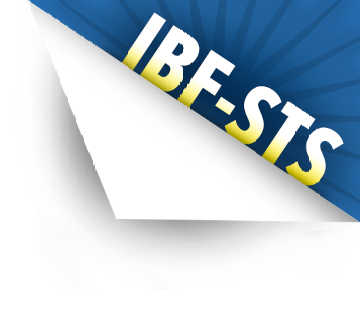Clients’ trust must be earned in relationship management. The same is required of a RM team lead. He or she must possess the right skills, knowledge, attitude and experience to properly influence a team of Relationship Managers. The role of the team lead is to glue the team to the bank’s required standards, business goals while balancing advisory integrity with clients. A good team leader will be able to bring out the best in the team in results, but also in values and standards that will cement a long lasting wealth building business. This course provides the skills for them to do so.
Target Audience
- Team leaders or cluster heads with both client management and team management functions
- Team leaders with a key team management role
Course Objectives
- To gain knowledge and practices to attract talent for the role of Relationship Manager
- To grow the team through identifying and hiring of new talent, and retaining top performers
- Learn to communicate and create a culture of teamwork towards common goals, achieving targets set, adopting best practices and living shared values
- Lead and guide the team to uphold and deliver best practise standards and ethical conduct in the care and management of client relationships to help clients achieve their wealth management goals
Course Outline
Defining Team Leadership & Challenges facing a Team Leader in wealth management:
Our Team Leadership MODEL: Forming-Weaving-Managing-Performing
Hiring and Recruitment for Wealth Management
- What counts and what matters?
- Key election matrix, interview questions and what to look out for
- How to positivize your selection criteria
- A balance view of competency and capacity in selection
- Understanding Factors that Motivate or Demotivate in Private Banking
- Why do people join Wealth Management?
- What do people look out for in work-life?
- Factors that affect performance, retention and growth among Relationship Managers.
- Identifying situations/issues for intervention and better management
Effective Team/Employee Building and Management
- Phases of Life Motivation with Marslow Hierarchy of Needs.
- Management Quads – Four perspectives to apply right strategies for a better and more precise employee management
- How to incentivise team members with different aspirations?
- How to prioritize listening in leading the team
- Leadership in developing a positive team culture
- Matching intervention strategies to different phases of team dynamics
- How to coordinate desired behaviour with value and best practices
- How to intervene, coach and mentor members in performance and in difficult scenarios
- Applying Conflict Management concepts and skills to team conflicts
Leading from the front
- Model the way:
- Envisioning the Future with goals and values setting
- Weaving the value of clients’ interest, fair dealings and practices with wealth management goals
- How to surface, articulate and inspire shared values and build a professional culture that upholds PB Code of Conduct and clients’ interest and benchmark the best practices
- Rules-Role-Relations-Rewards – How to draw out a matrix that will position one’s management style to:
- effectively guide and communicate to RMs to balance clients’ needs with corporate goals
- effectively guide and promote the importance of ethical conduct and professionalism in Private Banking
- communicate and identify best practices that will develop better understanding of clients’ needs so as to establish a long term relationship with the client
Assessment - MCQ
About IBF Certification
This course addresses the following Technical Skills and Competencies (TSCs) and Proficiency Level (PL):
- Strategy Planning (Level 4)
- Product Advisory (Level 4)
- Service Challenges (Level 4)
- Benchmarking (Level 4)
- People Performance Management (Level 5)
- Ethical Culture (Level 5)
Participants are encouraged to access the IBF MySkills Portfolio to track their training progress and skills acquisition against the Skills Framework for Financial Services. You can apply for IBF Certification after fulfilling the required number of Technical Skills and Competencies (TSCs) for the selected job role.
Find out more about IBF certification and the application process on https://www.ibf.org.sg/home/for-individuals/ibf-certification/why-be-ibf-certified
